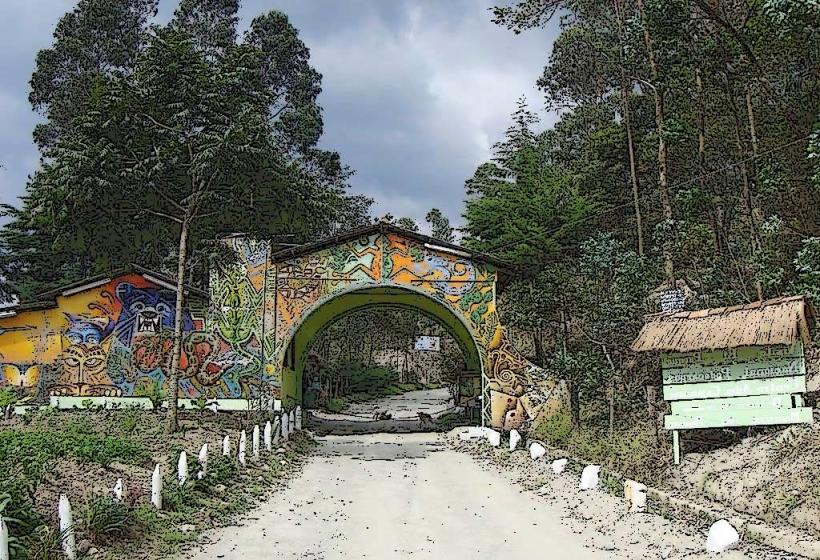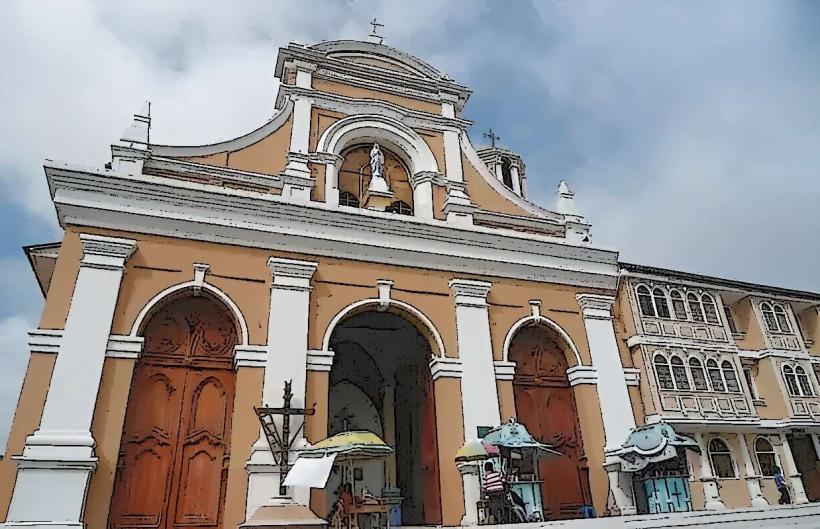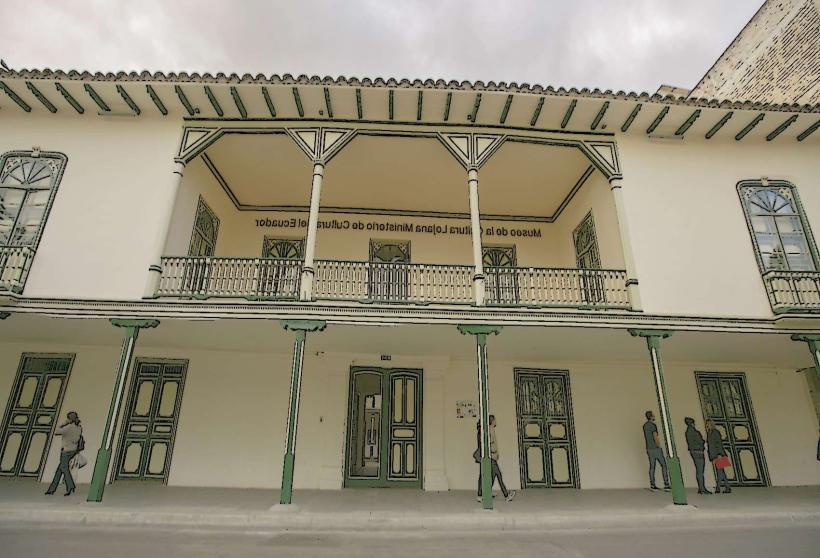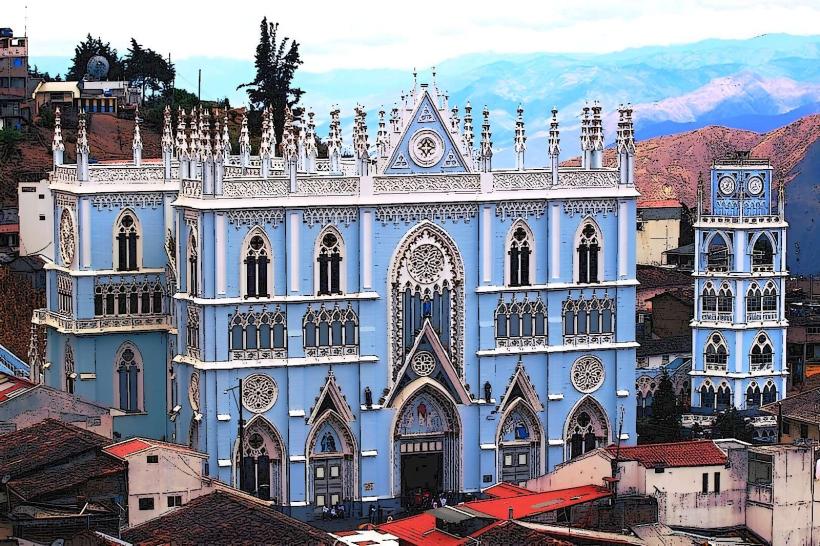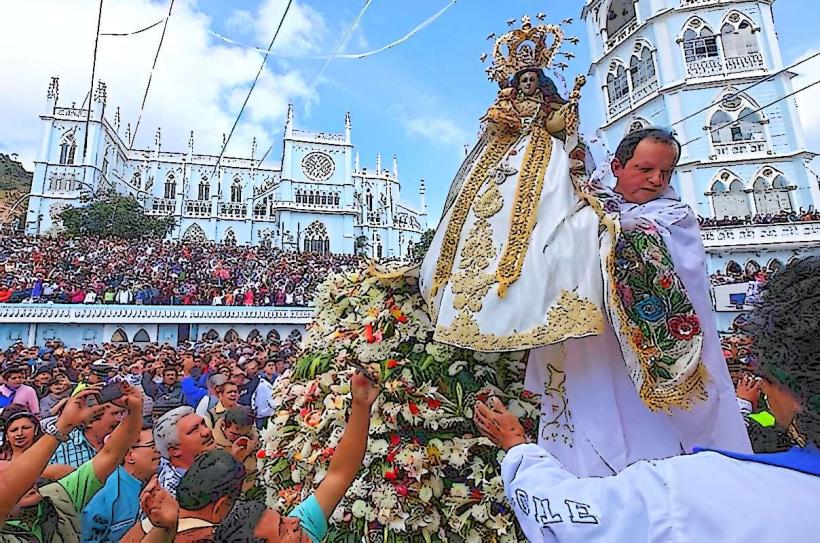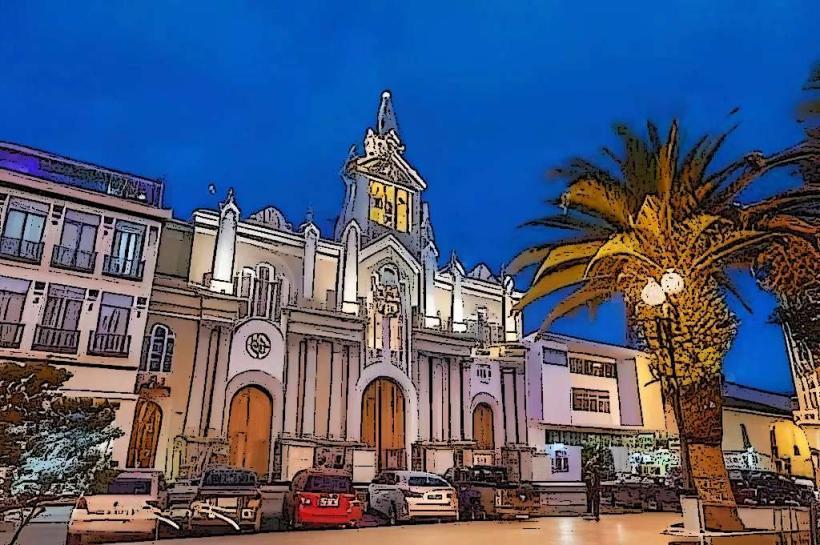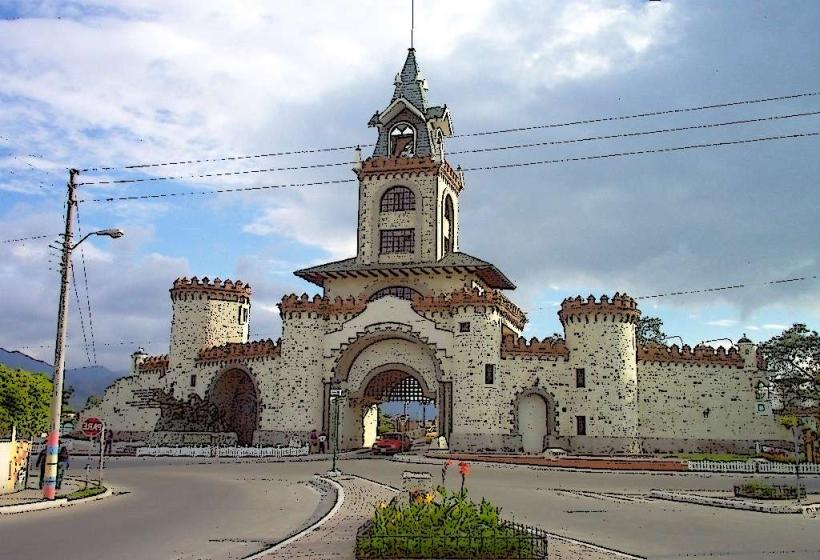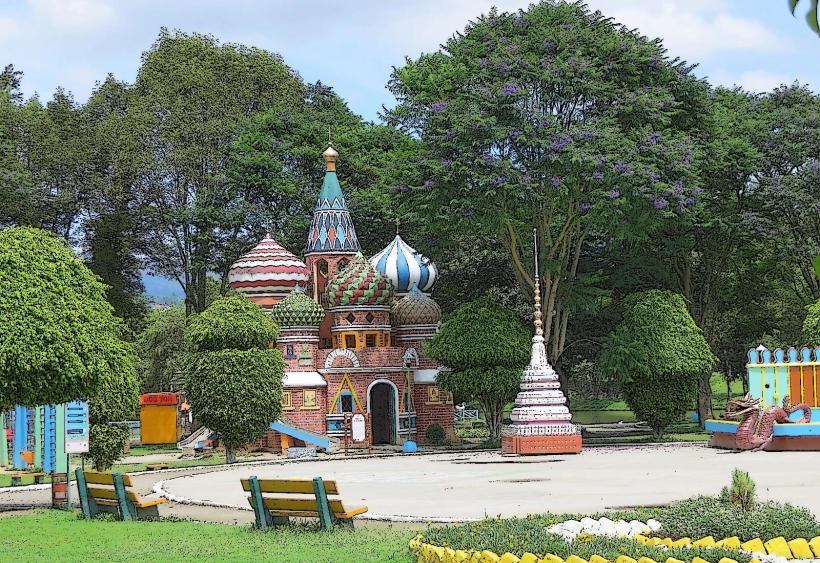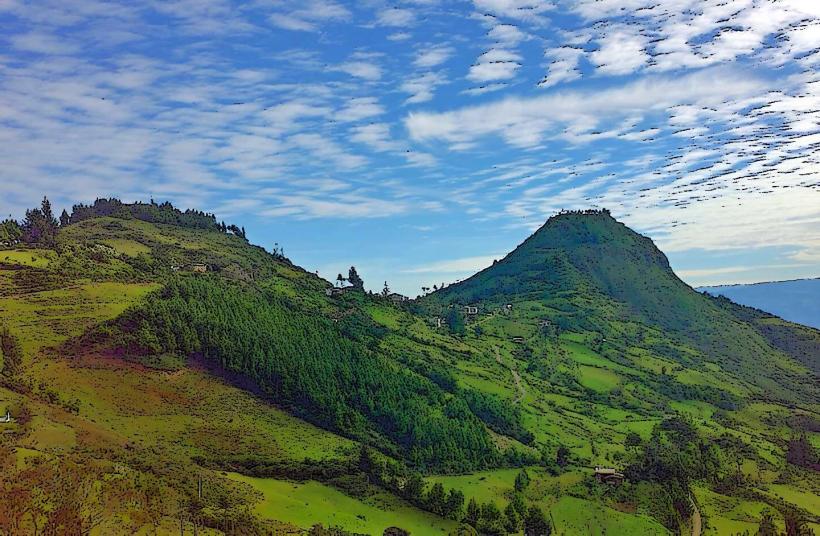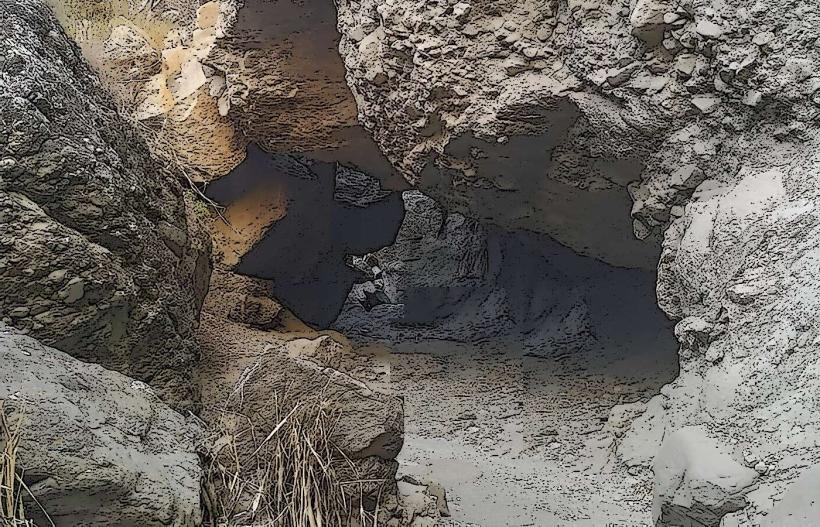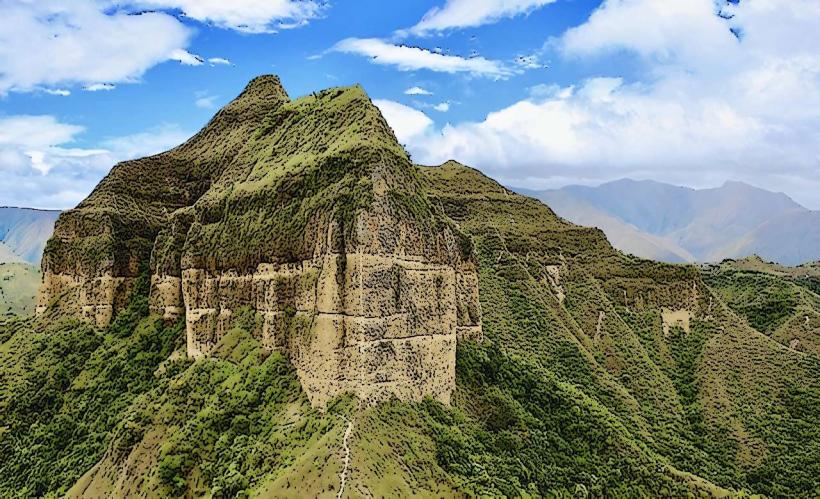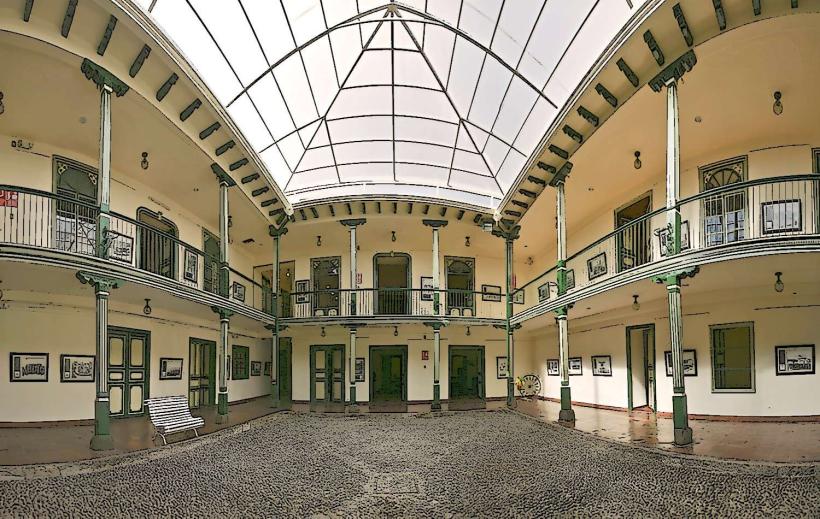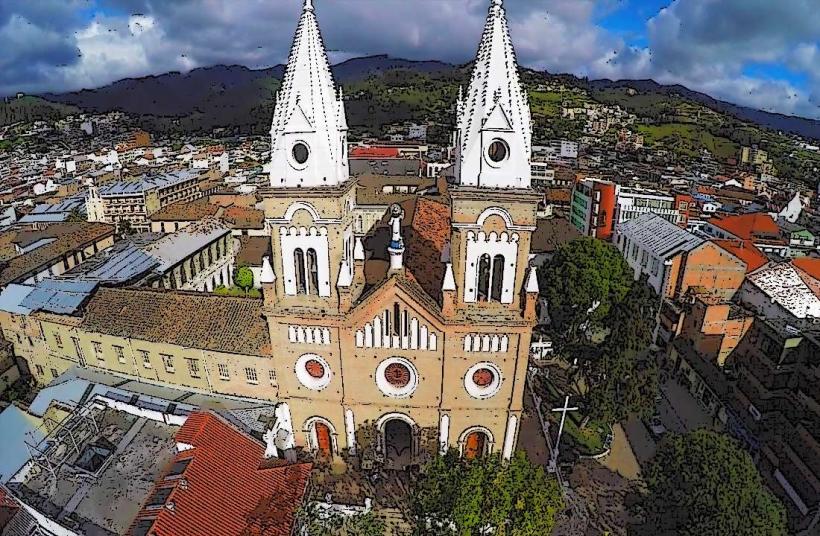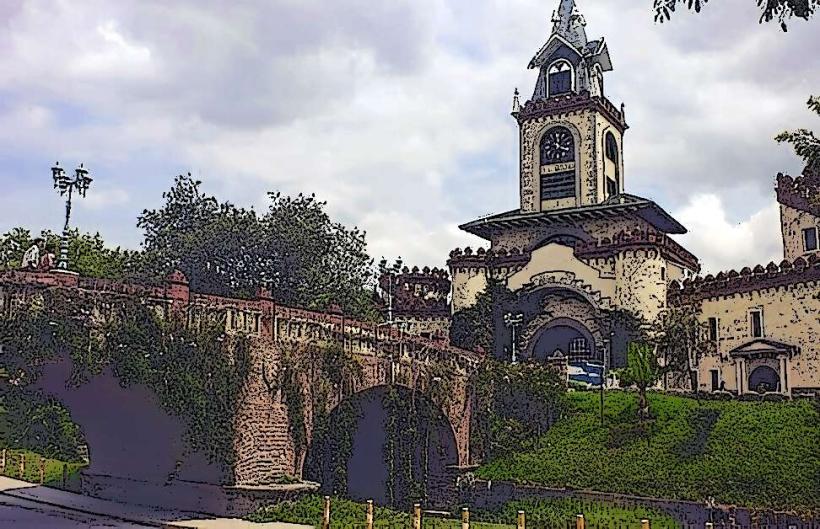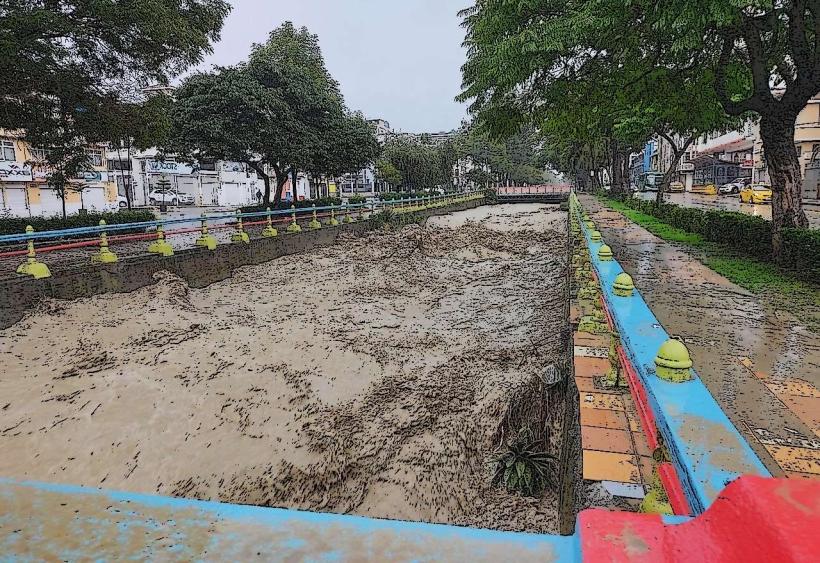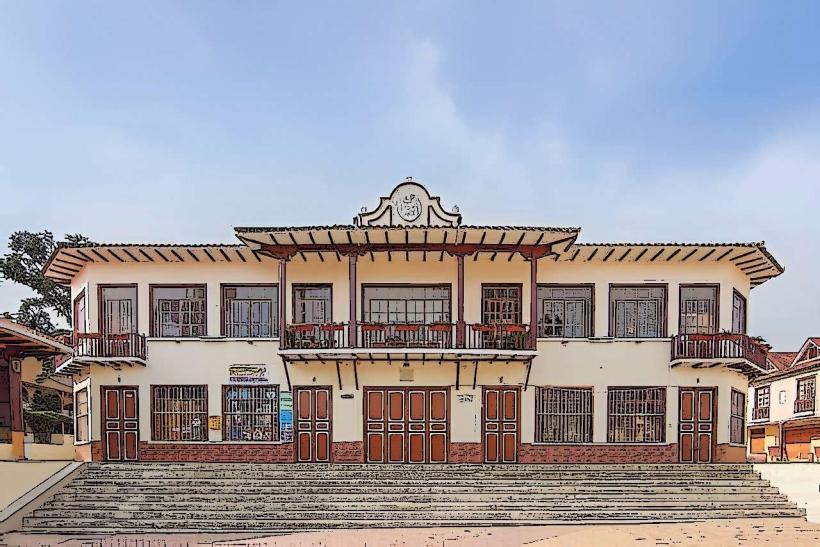Information
City: LojaCountry: Ecuador
Continent: South America
Loja, Ecuador, South America
Loja is the capital of the Loja Province in southern Ecuador, positioned in the Cuchibamba Valley at an altitude of approximately 2,100 meters. Known as the "Music and Cultural Capital of Ecuador," it is celebrated for its commitment to the arts, its colonial architecture, and its early adoption of sustainable energy.
2026 Strategic & Infrastructure Context
Energy Hub (Wind & Solar): Loja is a pioneer in renewable energy. In 2026, the province is a key site for the Cox Concession Projects, which include the La Ceiba and Mátala solar plants. These additions supplement the existing Villonaco Wind Farm, strengthening the region's position as a national leader in clean energy production.
Loja-Catamayo Highway PPP: As of early 2026, the Loja-Catamayo highway expansion is a high-priority public-private partnership (PPP) project. This 36.5 km road is being widened to four lanes to improve safety and logistics between the city and the Catamayo Airport, significantly reducing transit times for the heavy transport of agricultural and mining products.
Mining Synergy: The city serves as a primary logistics and service hub for major southern mining developments, including the Cascabel (early works starting in 2026) and Fruta del Norte projects, which drive significant regional investment and demand for high-skilled labor.
Smart City Initiatives: Loja continues to modernize its municipal services with digital administrative platforms and the expansion of its distinctive "zero waste" recycling programs, which were among the first of their kind in South America.
Demographics & Population
The 2026 population of the Loja urban area is estimated at approximately 240,000 to 250,000. The city maintains a "small town" community feel despite its infrastructure, supported by a highly educated population and a large student demographic attending the Universidad Técnica Particular de Loja (UTPL) and the National University of Loja.
Urban Layout & Key Districts
Historic Center: A well-preserved grid featuring colonial and republican-style buildings. It is highly walkable and home to major cathedrals and administrative offices.
Calle Lourdes: Known as the city's most picturesque street, it features vibrantly colored colonial homes that have been converted into cafes, artisan shops, and galleries.
Jipiro Recreational Park: Located in the north, this unique park features replicas of famous world architecture (such as the Eiffel Tower and a Kremlin-style cathedral) and serves as the city’s primary recreational lung.
San Sebastián: A historic neighborhood and plaza that commemorates the city's independence, characterized by its iconic clock tower.
Top Landmarks
Puerta de la Ciudad (City Gate): A castle-like fortress and bridge modeled after the city's coat of arms. It houses a museum and a viewpoint overlooking the central valley.
Loja Cathedral: Located in the Parque Central, it is one of the largest and most architecturally significant churches in the country.
Santuario de la Virgen del Cisne: Located two hours from the city, this Gothic-style basilica is the site of a massive annual pilgrimage in August that draws millions of followers.
Music Museum: Situated in the historic center, it showcases the instruments and scores of Loja’s most famous composers, cementing the city's musical legacy.
Podocarpus National Park: A nearby biodiversity hotspot containing over 500 bird species and the unique "Compadre Lagoons," a system of high-altitude glacial lakes.
Transportation & Connectivity
Air: Catamayo Airport (LOH) is the primary gateway, located about 35 minutes west of the city. As of 2026, it remains a critical link for domestic flights to Quito and Guayaquil.
Road: Located on the Pan-American Highway (E35). It is a major transit point for travelers heading south to the Peruvian border at Macará.
Digital: Loja possesses some of the most consistent fiber-optic coverage in the Ecuadorian highlands, facilitating its growth as a hub for remote education and technology startups.
Facts & Legends
Legend says that the city’s residents are born with a violin in one hand and a book in the other, reflecting the cultural density of the region. A geographic fact: Nearby Vilcabamba is world-famous as the "Valley of Longevity," where residents reportedly live well over 100 years due to the pristine water and stable climate. Historically, Loja was founded twice-first in 1546 and again in 1548-after the original site was abandoned due to its vulnerability to indigenous attacks.

